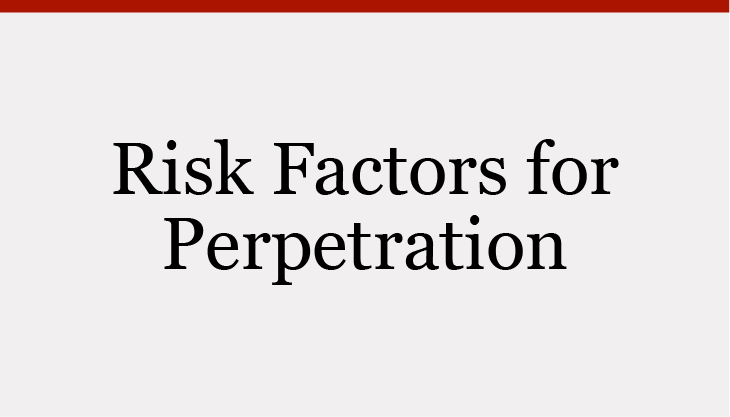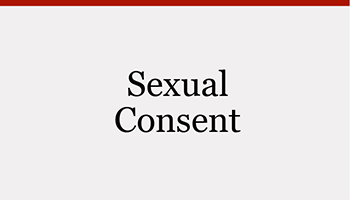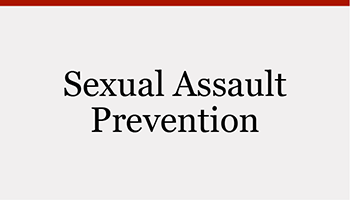Sexual Assault Research Initiative (KI-SARI)
Featured Project: The Healthy Relationships for Rural Youth Initiative (HRRYI)
HRRYI provides early intervention with rural youth to promote healthy relationships, respect for interpersonal boundaries, and online safety with the goal of reducing youth’s future risk of sexual assault perpetration and victimization.
Find out more about HRRYI
Why do we need sexual assault research?
Sexual assault and other forms of nonconsensual and coerced sex are widespread and damaging. Sexual assault impacts individuals on college campuses, in the community, in the military, and at work. Young women are particularly vulnerable; for example, more than one in five college women experience sexual assault just during their time as college students (Muehlenhard et al., 2017). However, individuals of all genders, sexual identities, and ages experience sexual assault. Sexual assault can negatively impact victims’ mental, physical, and sexual health and their performance at work and school.
The KI-SARI team works to address sexual assault across populations and settings by:
- researching victims’ experiences of and reactions to sexual assault in order to inform sexual assault treatment and response and better support victims in their recovery;
- examining risk factors for sexual assault perpetration in order to inform interventions to reduce sexual assault perpetration;
- investigating sexual consent attitudes, intentions, and behaviors to understand how we can better teach healthy values and behaviors around sexual consent communication;
- developing and testing interventions to prevent sexual assault; and
- identifying optimal methods for measuring and researching sexual assault.
Click to learn more about our research topics:
Learning Opportunities for IU Students
Kinsey Institute researchers with faculty appointments in the School of Education and the School of Public Health work with Indiana University undergraduate and graduate students on various research projects and initiatives on topics of consent, sexual harassment, sexual assault, and prevention. Students gain research experience, develop expertise in sex assault research methodology, and are able to share their projects and network with sexologists and sexual health researchers at professional conferences.

Selected Media Coverage
“Kinsey Institute launches healthy relationship initiative in rural areas” Indiana Public Media. May 2022.
“How high school sex ed is changing post-#MeToo.” GQ. March, 2020.
“The Harvey Weinstein trial shows why forced oral sex is rape.” The Dailey Beast. February, 2020.
“Should a man get a woman’s consent on video before sex?” Columbus Dispatch. February, 2020.
“Did the physical violence ever lead to sex?” New York Magazine. July 2019.
“Why most rape victims never acknowledge what happened.” BBC. November 2018.
“Kavanaugh accusation sparks comparison to Thomas-Hill controversy.” Herald Times. September 2018.
“Saying okay to sex? There’s an app for that.” Wall Street Journal. April 2018.
“Why are Americans having such bad sex?” Washington Post. January 2018.
“To prevent sexual campus rape colleges are changing the rule book from ‘No means no’ to ‘Yes means yes.’” Philadelphia Inquirer. 2016.
“Affirmative consent: Are students really asking?” New York Times. 2015.





